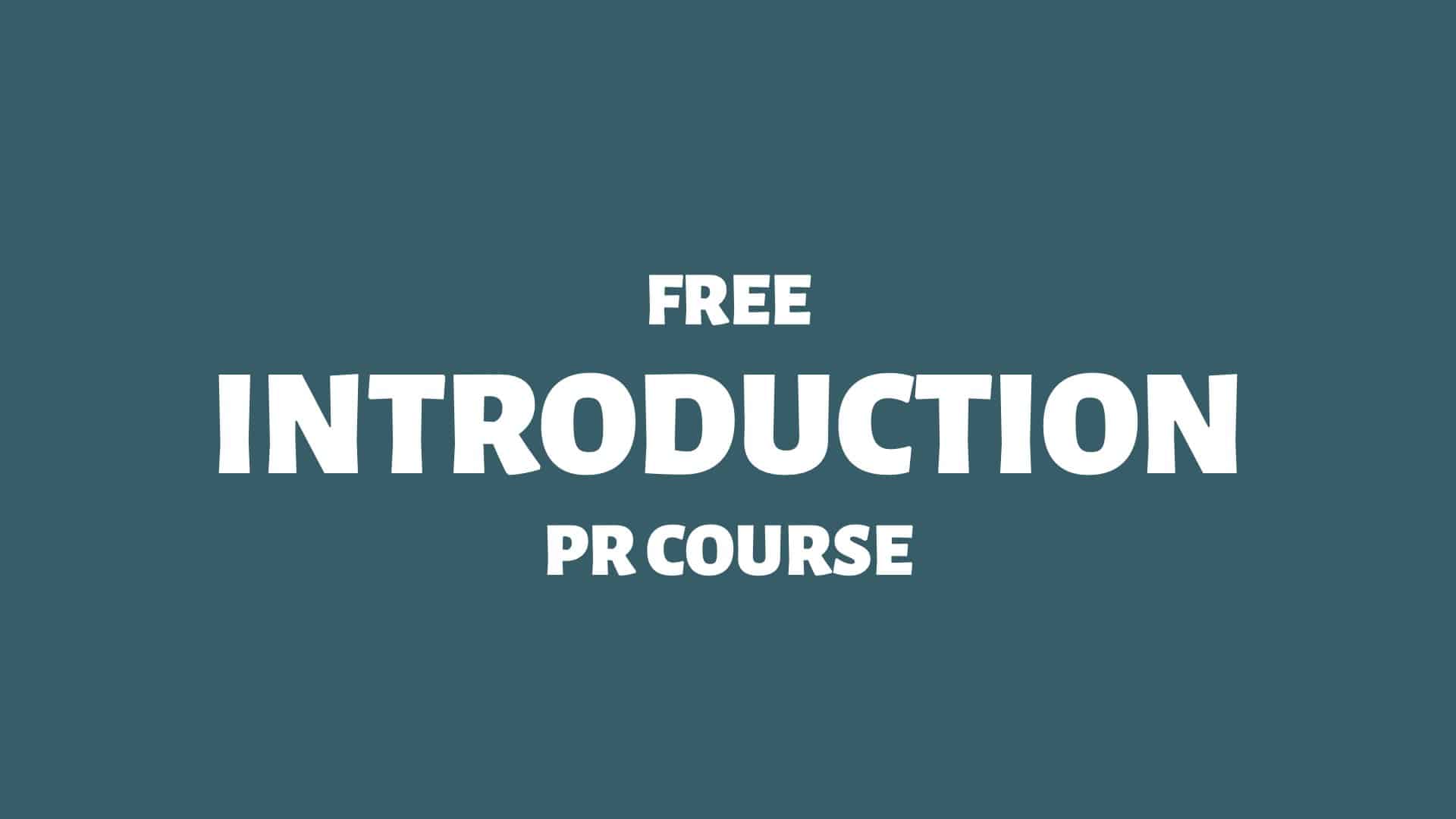Public relations vs journalism — how does it work?
Public relations and journalism are closely related, yet so far apart.
How does this relationship work?
Here we go:
Public Relations vs Journalism
Public Relations vs Journalism

PR professionals and journalists share many practical skill sets. Still, public relations and journalism are fundamentally different:
Public relations is the effort to subjectively advocate agendas on special interests’ behalf.
A fundamental critique against public relations is that advocacy is an affluent privilege that manipulates the truth.
Journalism is the effort to objectively report the news on the public interest’s behalf.
A fundamental critique against journalism is that objectivity is unrealistic and the public interest heterogeneous.
But even if both public relations and journalism fail to live up to their ideal states at all times, both practices play vital roles in upholding a balanced and stable democracy.
Learn more: Public Relations vs Journalism
Why Journalists Don’t Like PR (Sometimes)
Journalists have plenty of reasons to dislike PR professionals:
Why Journalists Seek PR Jobs
Journalism is a harsh industry. The digital-first paradigm shift has hit the news media hard. In many markets, schools output a surplus of journalism students, but few good public relations jobs are around, so the competition is often fierce.
The pay isn’t great, the work is stressful, there are often lots of internal politics to navigate, and the hours typically aren’t great. Many journalists must hop between temporary assignments for years before landing a reasonably safe position.
Despite journalists teasing each other about converting to the “dark side,” many journalists switch. I’ve been told this often is a permanent choice since news organisations rarely hire public relations professionals as journalists.
Journalists often ask me for advice: Should they switch to PR?
I often say no.
Here’s why:
When Journalists Move to Public Relations
Many journalists have misleading preconceptions of what the PR industry is about. While this is perfectly understandable, it doesn’t change the fact that journalists often find PR work deeply disappointing.
Journalists typically know little about corporate communication in various forms. And it’s a far cry from what they once signed up for when they pursued a career in journalism.
The outcome is, therefore, that ex-journalists are often tasked with full-time media relations alongside more junior PR professionals. But while their PR colleagues advance, they’re stuck with full-time media relations. Forever.
Journalists typically expect media relations, and if that were what all PR professionals did every day, maybe that would’ve been easier to stomach. Or maybe not.
Love or hate it; media relations isn’t about serving the public interest. The best media relations specialists are salespeople at heart. And spending your day selling PR stories to former industry colleagues can be rough for a trained journalist.
Same Same but Different
So, journalists and PR professionals share many skill sets. They’re both operating within the media industry. They’re both fascinated by the news. There are deadlines, stress, and lots of writing.
But make no mistake about it: The work is entirely different.

THANKS FOR READING.
Need PR help? Hire me here.

PR Resource: Public Relations 101
Spin Academy | Online PR Courses

Spin’s PR School: Free Introduction PR Course
Get started with this free Introduction PR Course and learn essential public relations skills and concepts for future success in the PR industry.
Introducing Public Relations
Public Relations History
Publics in Public Relations
Comparing Public Relations
Public Relations Resources
Learn more: All Free PR Courses
💡 Subscribe and get a free ebook on how to get better PR.



